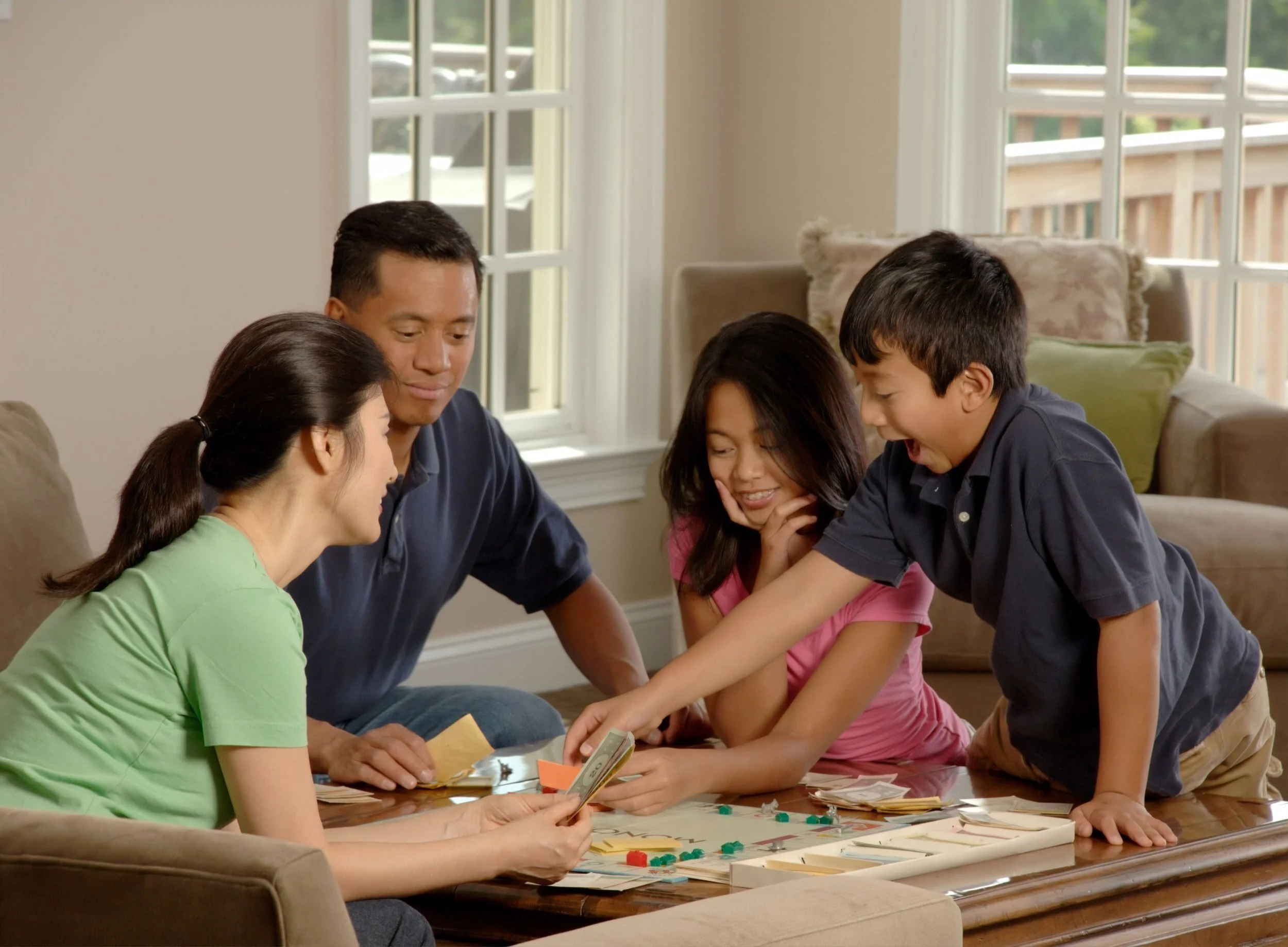Talking to Children About Loss and Grief
Death can be a daunting topic to broach with children. What should you say? Should you even say it? The answer: although it may be tricky, we should speak to children about grief and loss. By allowing them to understand their emotions and validating their fears, you can help build healthy coping skills that allow them to deal with grief appropriately.
How to Set Healthy Boundaries with Children
As with all physical matter, we all know that kids need limits and boundaries! But, it is another thing when it comes to setting and enforcing those limits. How do we teach children boundaries in a healthy way, such that they are able to learn and still understand that we still love them? Here are some tips!
5 Things Not to Say to Your Children (and What to Say Instead)
As a parent, you are constantly communicating with your child and as many of us know, words can be extremely powerful and our choice of words or phrases can have either a positive or negative impact on your child. So what should you not say to a child, and what should you say instead?
Feeding Tips
There are a myriad of tricky scenarios a caregiver is likely to encounter when trying to feed a child. Here are some of them and some helpful do’s and don’ts!
How to Raise Kind and Altruistic Children
Kindness and compassion are traits that parents value highly in their children. What can parents do to nurture kind children? Here are some tips that are effective in instilling kindness in children.
Balancing Screen Time with Learning and Play
Depending on how you manage and monitor your child’s screen time, there can be both benefits and risks associated with it. Read on for guidelines and tips on a healthy amount of screen time for your little one!
How to Get Your Child to Eat Vegetables
Ah, the age-old struggle that many parents face. Picky eaters, tantrums at the dining table, we’ve heard it all. Try these simple tips to get them to enjoy their vegetables and meet their nutritional needs.
Self-Monitoring Behaviour - The What, Why and How
Self-monitoring is the capacity to observe (or measure) and evaluate one’s own behaviour. It is a crucial component of executive functioning. Read on for more information on why self-monitoring is important in children and a a step-by-step process that one can follow to implement self-monitoring behaviours in a child.
Token Economy
A token economy is a positive reinforcement strategy to encourage and maintain appropriate performance and behaviour, be it at home or in a classroom setting. In a token economy, if a child acts or behaves in an appropriate manner, they will be able to trade their tokens for a reward or privilege.
Positive Parenting - Behaviour Management
One way to guide your child’s behaviour so that they behave appropriately is by implementing positive behaviour management — giving attention to positive behaviours (e.g. through praises) instead of punishing them for negative behaviours. Here are some steps you can take to manage your child’s behaviour in a more positive and effective way.
Helping Primary School Children Manage Stress
That’s right, even 7 year olds get stressed! Entering primary school for the first time, being in an entirely new environment, and learning new things every day - its overwhelming stuff. So how can parents support their children during this period?











